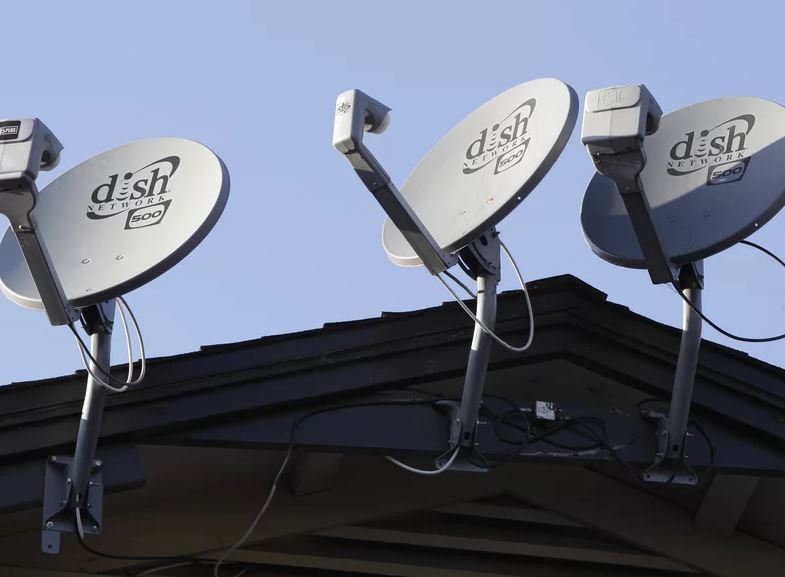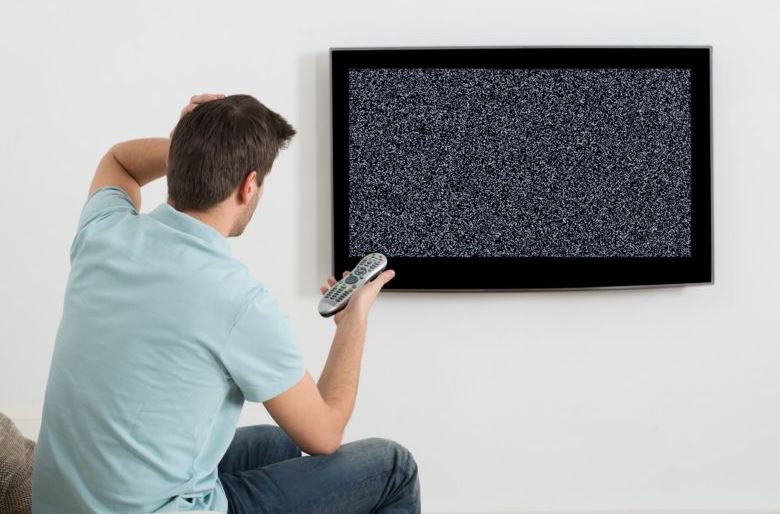FCC Proposes New Rules to Address Cable and Satellite TV Blackouts

The FCC is introducing new rules to address cable and satellite TV blackouts. (Photo: npr.org)
Proposed Rules Seek Fair Compensation for Cable and Satellite TV Blackout Victims
According to the source, The Federal Communications Commission (FCC) is taking steps to address the issue of cable and satellite TV blackouts by proposing two new rules. The first rule, proposed by FCC Chairwoman Jessica Rosenworcel, would require cable and satellite providers to issue rebates to subscribers in the event of blackouts resulting from a failure to reach distribution agreements with broadcast stations or group owners.
The second rule would mandate that pay-TV providers notify the FCC of any impending blackout lasting 24 hours or more through an online public portal. These proposed rules aim to ensure that subscribers affected by cable and satellite blackouts are fairly compensated for the loss of programming, a growing concern due to the increasing frequency of disputes over distribution costs.
While some cable and satellite providers, such as Charter and DIRECTV, have offered rebates in the past, they often require customers to file complaints or call customer service. The new rules would make rebates mandatory for all pay-TV providers, providing consumers with a more consistent expectation of compensation.
READ ALSO: Financial Burden Persists for Retirees Despite 3.2% Social Security COLA Increase in 2024
Debate Surrounding FCC’s Proposed Rules on Cable and Satellite Blackouts
FCC Chairwoman Rosenworcel emphasized the importance of these rules in addressing the issue of cable and satellite blackouts and ensuring that consumers receive the services they pay for. However, not everyone is in favor of these rules.
ACA Connects, a trade group representing smaller cable operators, argues that the proposals do not address the root cause of cable and satellite blackouts, which they attribute to broadcasters’ high fee demands. They believe the rules may further empower mega-broadcasters in negotiations with smaller cable operators.
Both of these proposed rules are subject to public review and comment before they can be enacted. Nevertheless, they are likely to find support among consumers who have experienced disruptions due to cable and satellite blackouts.
























